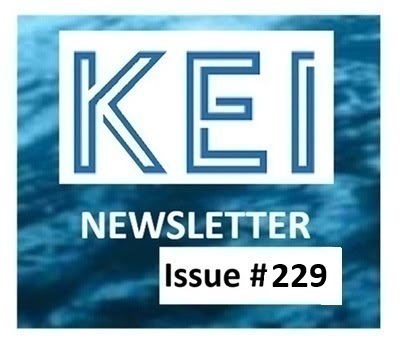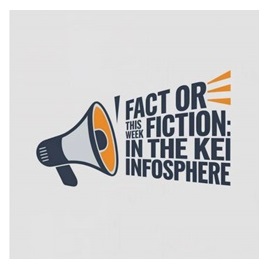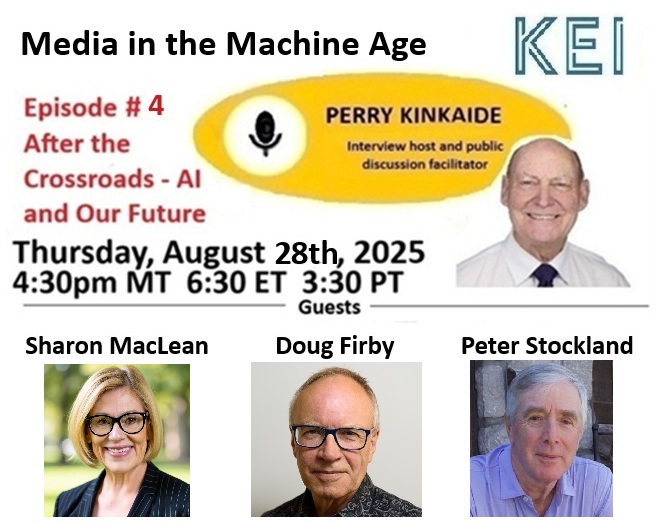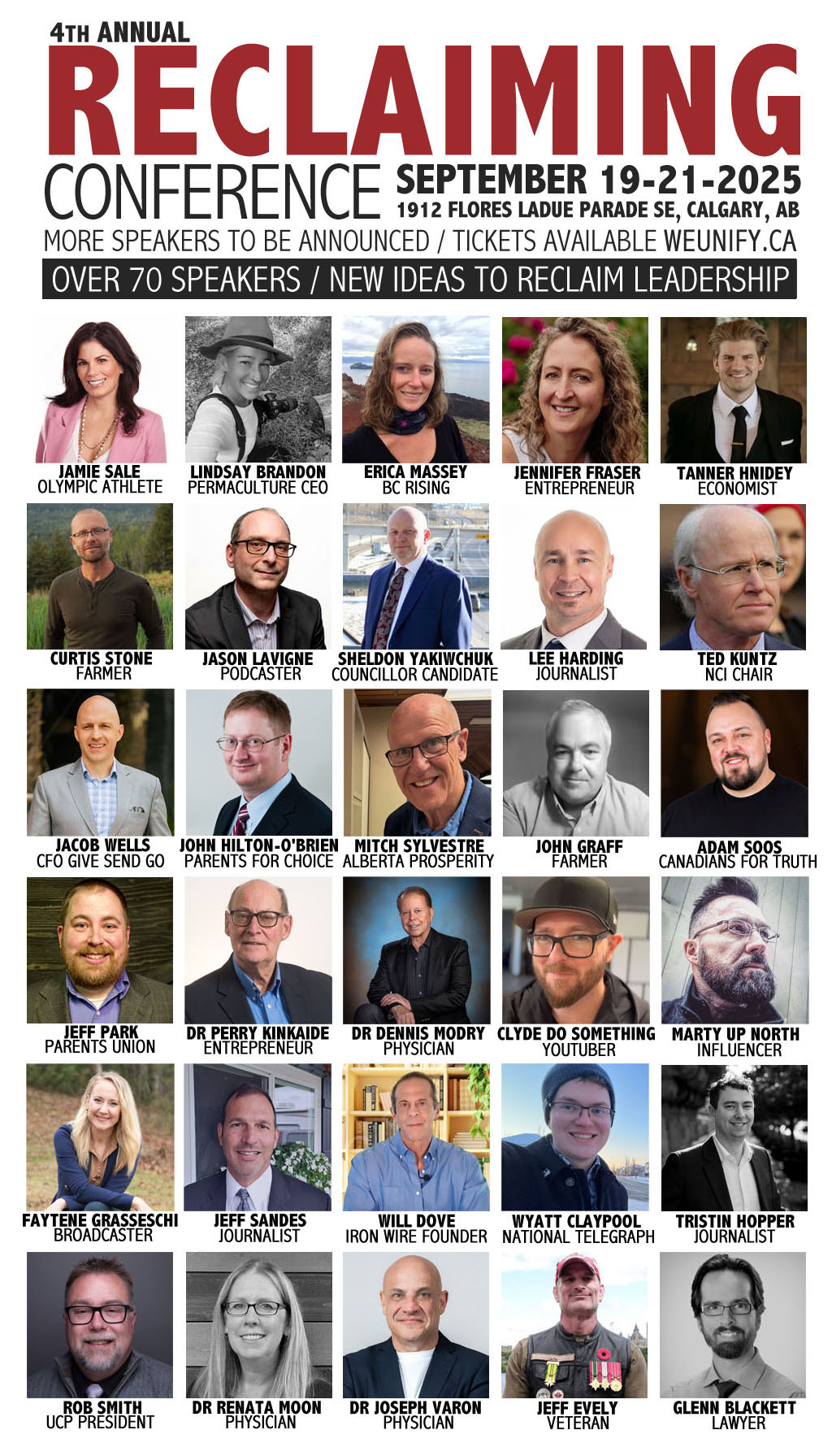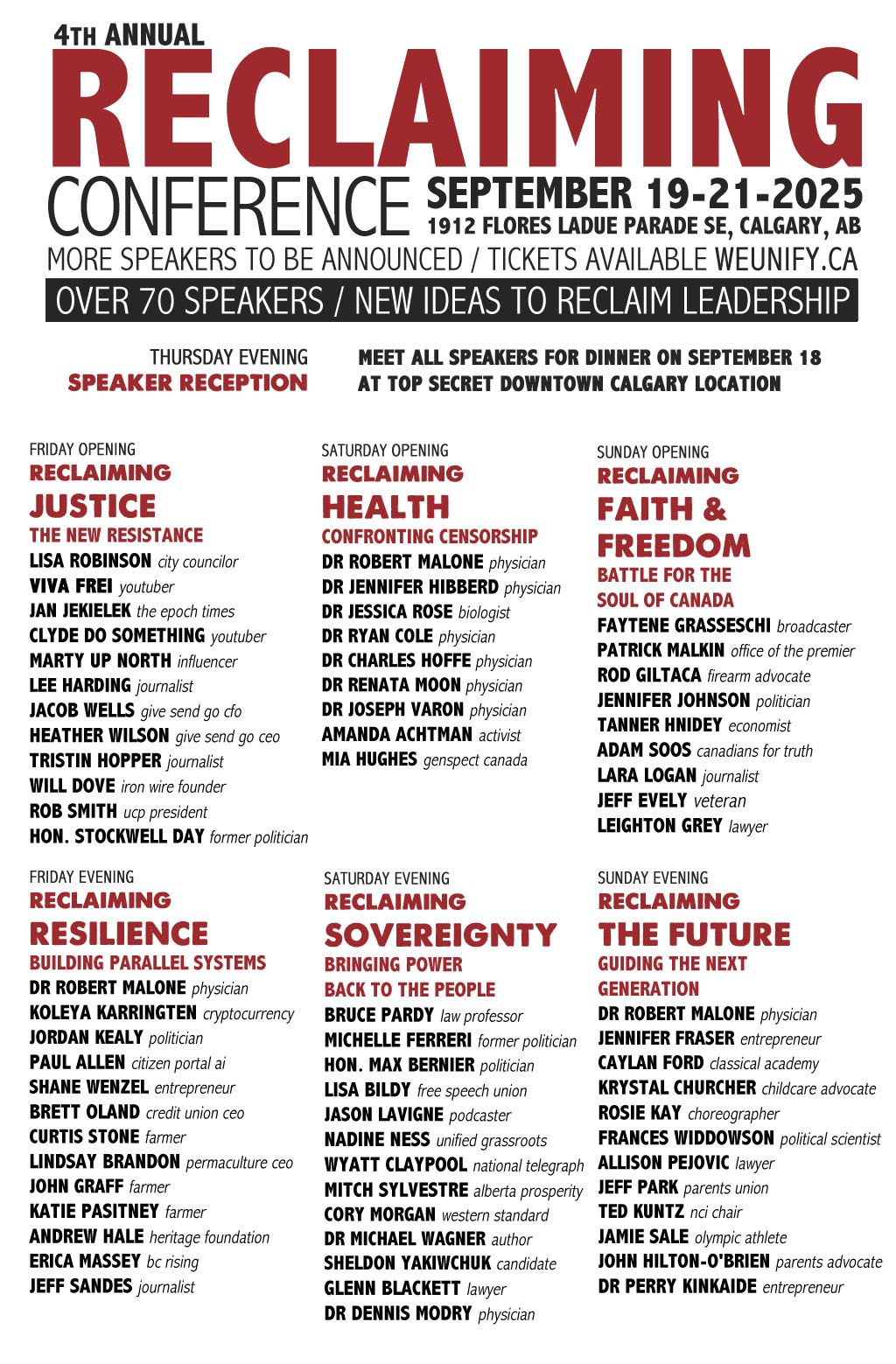|
AI and OUR Future: Media in the Machine Age |
DIRECTORY | ||
|
Contributions: AI Rewriting Industry HERE |
Action: Help sustain KEI's contributions |
Fact or Fiction?
Peace in Our Time HERE |
|
|
Editor - Perry Kinkaide |
The sun rose today with a splash of orange and purple on the horizon—a sign of hope, the promise of a good day. Soon after came my morning dose of global media: Russia ignoring pleas to stop, instead filling the skies with more death—images of apartment blocks and homes burning across Ukraine. Scenes of Gaza - families in exodus. Children carrying mattresses on their backs. Inflation forecasts and warnings of rising food prices, Walmart saying, “It will only get worse.” And in between, endless ads reminding us of every human affliction imaginable—with pharma cheerfully promising help. |
||
|
As I tried to digest it all, to make sense of the chaos, I reflected on the mix of public and personal pain in the day’s headlines. And I thought: Why isn’t there a counterpart to the weather report—an “emotional report”?Not the endless stream of stories, but a single measure of what feelings to expect. A score that captures the anticipated emotional weight of the day. And then—THEN—I opened a Storybook a friend had sent me https://g.co/gemini/share/1604d8ea285b An animated tale about me and Digi, about the KEI Network I felt lighter. I felt better. You see, feelings do matter - the media know it, and so too does AI. - Editor |
|||
|
Media in the Machine Age: Marketing Spin, AI Hype, and the Erosion of Trust We’ve all heard the warnings about AI going off the rails — hallucinating, misinforming, biased. I haven’t missed them. But rather than panic about the machines, I’ve found those warnings sharpen my awareness of all forms of communication. Humour, exaggeration, impossible statistics — these I can laugh at. That’s the stuff of mirth. But marketing? That’s different. Marketing is deliberate. It’s about attention-grabbing as the prelude to buying. It’s engineered to influence our decisions — subtly, persuasively, and often deceptively. And AI, now fully embedded in the communications industry, is making those persuasive techniques faster, more targeted, and harder to detect. Continued below
No need to register. Just Zoom in https://us02web.zoom.us/j/84258596166?pw..Sharon MacLean - a communications and marketing strategist with a career spanning publishing, business, and social enterprise. She spent 21 years as publisher of Edmontonians magazine, where she became known for her community engagement and leadership. Today, she leads WorldGate Media and created Virtual Conference Mastery, helping organizations and professionals succeed in the digital era. An Amazon best-selling author and contributing writer to outlets including Reuters International and CMC-Canada, Sharon has been recognized as a Global TV Woman of Vision and a Woman of Inspiration by the Universal Women’s Network. Doug Firby - a respected and widely published journalist with four decades of writing and editing experience, he has contributed to newspapers, magazines, and online publications across Canada. After leaving The Calgary Herald as Editorial Page Editor in 2008, he worked as a marketing and social media consultant for Sunshine Village ski resort, the Calgary Real Estate Board, and the Canada West Foundation. His automotive journalism appears regularly in the Globe and Mail Drive section, Automotive News Canada, and other outlets. Doug stepped down as Publisher of Troy Media Digital Solutions in 2023 to focus on his Substack column and other writing ventures. He has taught journalism at both community college and university levels and, with his wife Lisa Monforton, runs Big Tree Communications, a boutique consulting firm. Peter Stockland - publisher emeritus of The Catholic Register, Canada’s largest Catholic media outlet, a co-founder of Convivium magazine, a former Editor-in-Chief of the Montreal Gazette, and editorial page editor of the Calgary Herald. He writes a weekly critique of media on The Rewrite substack, and is completing a Master’s Degree in History at Concordia University in Montreal and a Master of Fine Arts in Fiction at St. Thomas University, Houston Texas. He lives in Montreal. Continued from above From Human Spin to Machine-Optimized Messaging. Let's consider first advertising agencies today deploy AI to brainstorm campaign concepts, write copy, generate visuals, and test audience reactions in real time — shrinking production timelines from weeks to hours. Corporate teams use it to tailor messages down to the “segment of one,” creating highly personalized appeals designed to slip under our critical radar. The result? A perfect blend of human cunning and machine precision, able to amplify long-standing marketing tactics such as: • “Clinically proven” – Pharma products where “proven” might mean one small, poorly designed trial. • “All doctors recommend” – Often based on a vague survey or a single paid endorsement. • “Life will be better” – From pillows to pain creams, implying transformation without measurable proof. • “Boosts immunity” – Common in supplements and teas, though “boosting” immunity has no agreed scientific definition. • “Dermatologist approved” – Could be the opinion of one consultant on the payroll. • “Made with whole grains” – Sometimes as little as 2% whole grain, the rest refined flour. • “Kills 99.9% of germs” – True only in lab-perfect conditions, not necessarily in your kitchen. • “Up to 10x faster” – Could mean no improvement at all in normal use. These phrases have been part of the marketing playbook in product advertising decades — but AI supercharges their delivery, targeting them with uncanny precision to those most likely to believe. And that's just product advertising. Appreciate the same applies to the shaping of news/views particularly headlines, political slogans, appeals for charity, virtually all the communications we are boarded with from TV to radio, cell phones and phone marketing. The Darker Mirror. AI’s role in communications isn’t limited to slogans. Deepfakes, algorithmic news feeds, and synthetic influencers blur the line between marketing and misinformation. Content is curated for maximum engagement — often reinforcing what we already believe, rather than expanding our understanding. This hyper-personalization risks trapping us in echo chambers, where confirmation bias is fed until it becomes conviction. In such an environment, trust — not attention — becomes the most valuable currency. And the arms race is on: AI that can fabricate convincing falsehoods is matched by AI trained to detect them, with both sides evolving rapidly. Who’s Most Vulnerable? Youth, already bombarded with up to 10,000 ads a day, are immersed in a constant flow of sponsored content disguised as entertainment or peer recommendations. Seniors, often spending long hours with television as a companion, receive a steady stream of miracle cures, “limited time offers,” and promises of vitality and longevity. The risk isn’t just being sold something you don’t need — it’s the erosion of critical thinking in a world where persuasion hides in plain sight. The Strategic Imperative. The communications industry — now inseparable from AI — faces a dual challenge: harnessing these tools to create engaging, relevant content while protecting the integrity of our shared information space. That means ethical guardrails, transparency in messaging, and investment in verification technologies. But for us as individuals, the challenge is more personal: sharpening our own filters, resisting the passivity that marketing depends on, and cultivating the critical thinking needed to separate signal from spin. As one KEI panelist put it, “We’ve handed the pen — and the camera — to the machine. The question now is whether we’ll use it to write a better story, or let it write us out of the truth.”
Editor@KEInetwork.net
|
